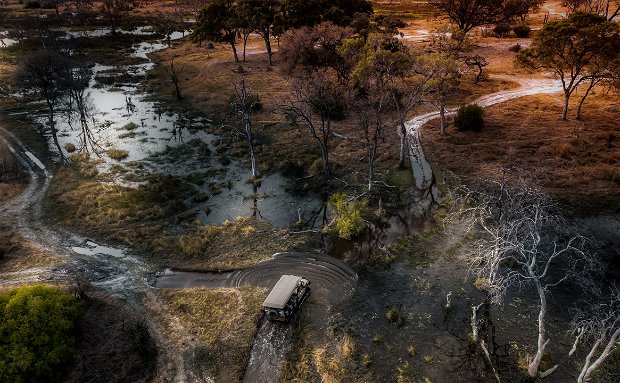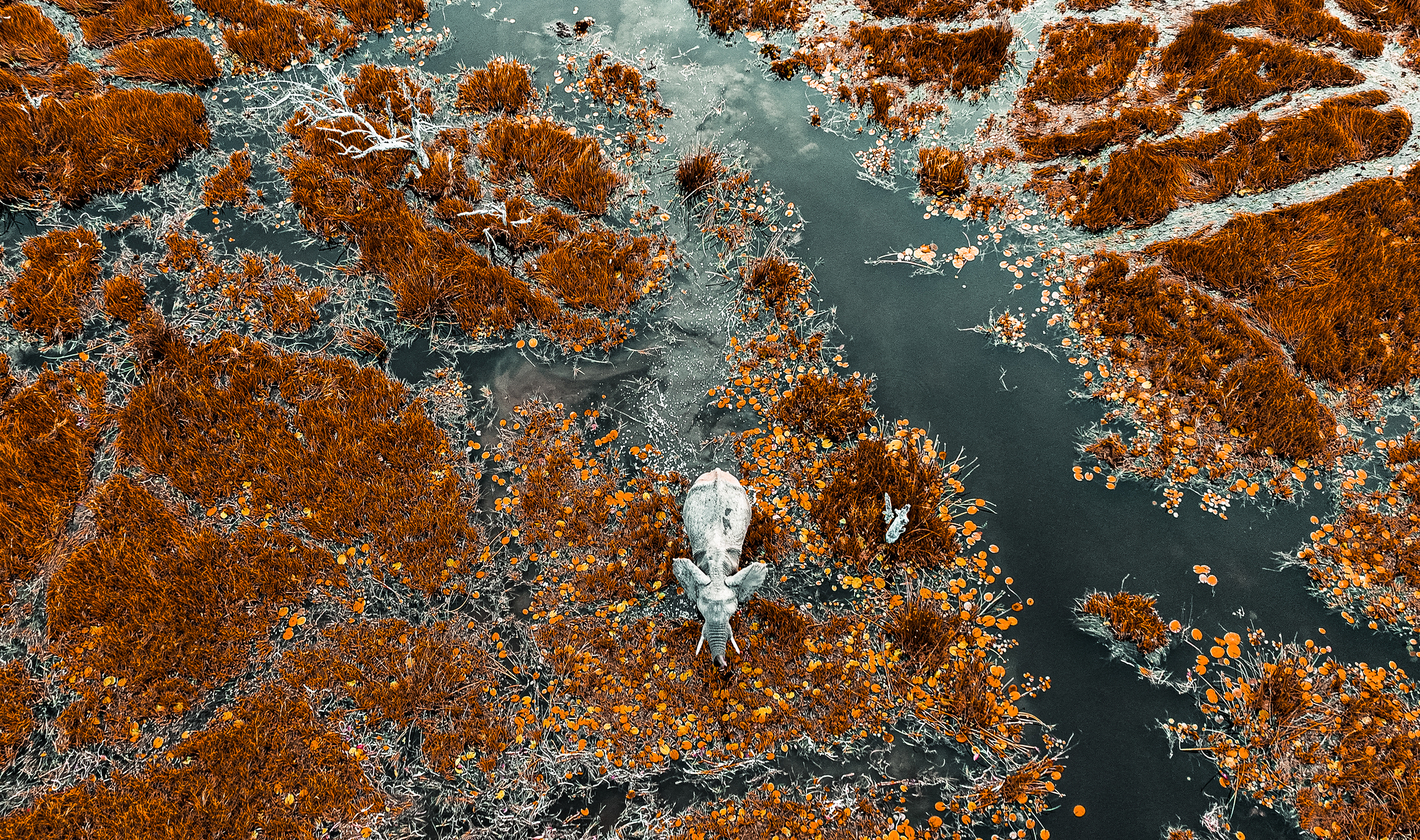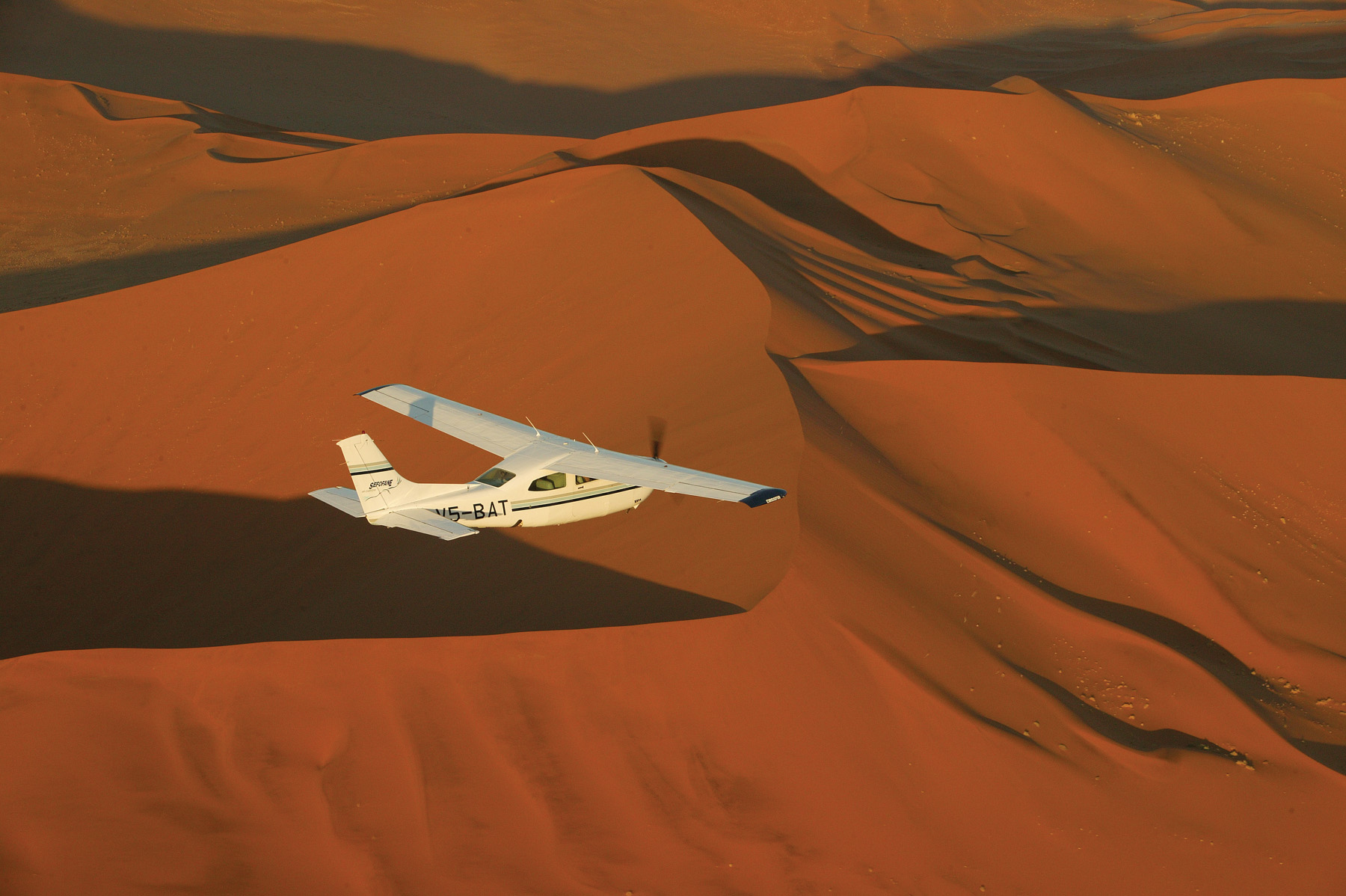Eco-Friendly Fly-In Safaris: Navigating Namibia's Wilderness with Minimal Impact

Namibia's breathtaking landscapes, from the vastness of the Namib Desert to the diverse wildlife of Etosha National Park, are meant to be admired and preserved for future generations. In this article, we explore the world of Eco-Friendly Fly-In Safaris, a journey beyond adventure that treads lightly on the earth.
The Ethical Skyways

When done ethically, fly-in safaris take carefully planned routes that minimise disturbance to wildlife and ecosystems. Certified pilots follow ethical flying practices, ensuring that these aerial journeys have little impact on Namibia's delicate environmental balance. Eco-friendly fly-in safaris provide visitors with a once-in-a-lifetime opportunity to experience Namibia's breathtaking landscapes while minimising ecological impact.
Several destinations are actively involved in conservation efforts. The remarkable Okavango Delta is one such example. Some of Africa's most iconic wildlife thrive in one of the continent's most distinctive natural habitats. Between March and August, the Delta triples in size, attracting thousands of animals to this pristine stretch of wilderness. It is the world's largest inland Delta, and its crystal-clear waters have earned it UNESCO World Heritage Site status.
These conservation efforts are supported and funded by fly-in safaris. Eco-friendly travel companies, for example, support initiatives such as Namibia's Rhino Conservation Project. Tourists who choose eco-friendly travel help to preserve wildlife and habitats.
Aeroplanes with a Low Carbon Footprint
The use of modern aviation technology has helped to reduce the environmental impact of fly-in safaris. Environmentally-friendly aircraft with lower carbon emissions are becoming more common in Namibia and other parts of Africa. These aircraft provide tourists a smooth and comfortable flight while minimising their environmental impact. Visitors can enjoy the breathtaking views of Namibia's landscapes while reducing their ecological impact by flying in these aircraft.
Accommodations that are Long-Term
Eco-friendly fly-in safaris are also committed to sustainability in their accommodations. The lodges and camps that host tourists on these safaris frequently practise environmentally friendly practices. To reduce environmental impact, they incorporate solar energy, use sustainable building materials, and implement waste management systems. These accommodations give visitors a comfortable and sustainable experience in Namibia's wilderness.
Wildlife Observation and Research

These safaris can be used not only for tourist enjoyment but also for wildlife monitoring and research. These trips are frequently accompanied by scientists and researchers who collect data on animal behaviour, migration patterns, and the overall health of the ecosystems. As a result, tourists unwittingly contribute to vital conservation research. Visitors who take part in these trips can help support conservation efforts and contribute to the preservation of Namibia's natural habitats.
Recycling and waste reduction
Fly-in safari operators are actively involved in waste reduction and recycling initiatives. This includes reducing the use of single-use plastics, recycling materials, and, in some cases, collaborating with local communities on waste management. These initiatives contribute significantly to the overall conservation goals of the regions visited by these fly-in safaris. By supporting these initiatives, visitors can help reduce their environmental impact and contribute to a more sustainable future.
Conclusion

As the engines hum softly against the backdrop of Namibia's wilderness, it is clear that Eco-Friendly Fly-In Safaris are about more than just exploration; they are also about fostering a sustainable coexistence with nature. Route planning, conservation support, the use of eco-friendly aircraft, sustainable accommodations, wildlife monitoring efforts, and waste reduction initiatives all help to redefine responsible travel.
Fly-in safaris in Namibia are an eco-friendly adventure. Discover environmentally friendly routes, low-carbon aircraft, and ecologically friendly accommodations that redefine responsible travel. Join us in creating a ripple effect of responsible travel in which every flight contributes to preserving the landscapes that captivate our souls.

Share This Post